The odyssey of collecting old Greek coins. Ancient Greek coins collecting is a captivating pastime. A guide on the ancient Greek coinage system. Tips in starting a Greek old coin collection.
Greece’s old coinage system has been the precursor of other ancient coins. Old Greek coin collectors have their own odyssey in searching for uncleaned ancient coins, looking them up in archeology books, and carefully restoring them before displaying their Greek coin collection.
Collecting ancient Greek coins requires skill and patience since most of these old coins are not found in major coin catalogues. But on the other hand, this makes Greek old coins more interesting to collect. Unlike the usual coin collecting where in numismatists are required to complete a set of coin series, ancient Greek coin collecting does not follow a strict sequence.
It is virtually impossible to complete a set old Greek coins since you will have to travel back in time 2,000 years ago and collect all the coin specimens from each city state in Greece. Like in the case of ancient Indian coins, each Greek polis or city came up with its own coinage. The poleis created Greek coins adorned with their gods, rulers, and local warriors.
The Greek empire is divided into several periods. Each era produced its own ancient Greek coinage system.
Ancient Greek coins from the Archaic period
(800 to 480 BCE)
The ancient Greek civilization saw the development of the world’s first coins minted in Lydia, a Greek city state across the neighboring continent of Asia Minor. This region is age old battleground for Greek and Persian forces. Greek mercenaries or warriors were paid with precious metal tokens made from electrum – an alloy of gold and silver.
Through the course of history, the Greeks found means how to separate gold from silver. Pure gold and pure silver coins were mostly produced by the independent Greek city states. Coins from one polis are circulated in other city states across Greece. Silver coins were called drachmae from the Greek word meaning “a handful”. Each drachma is comprised of six obols.
Old Greek coins from the Classical era
(480 to 323 BCE)
Greece had a more elaborate coin minting technology during the classical period. Each polis had its own patron god depicted on their coinage. Silver and gold coins in bigger denominations were being minted like the dedrachm or the 10-drachm coin.
The Greek classical period coins were used as propaganda by kings. The first Greek commemorative coin was issued after Athens defeated Persia in a battle.
Greek coins in the ancient Hellenistic period
(323 to 146 BCE)
During the Hellenistic era, Greece has expanded its empire across other continents like in Egypt, Syria, Afghanistan, and the Indian subcontinent. The old Greek coins became the antecedent of other ancient coinages. For example, there is an era of Indo-Greek coins in the ancient Indian coin history. Hellenistic coinage usually depicted portraits of kings and the city state’s coat of arms on the reverse.
How ancient Greek coins were made
Designs of ancient Greek coins were imprinted using a hand die, a block of iron carved with a design. When the surface of blank coin disc was heated, the die was hammered onto the coin to create a design.
But even in this rudimentary minting process, you can still find Greek old coins with exemplary craftsmanship – antique Greek coins with precisely centered designs and coins with high relief motifs – are the testament to the fine art of ancient Greek numismatics.
Tips in buying ancient Greek coin and old Greek coin values
For starters, you can get old Greek coins from numismatic dealers. There are uncleaned ancient Greek coins sold in eBay and in other coin collecting forums in the internet. Always ask for the coin’s background. Chances are, you could get a fake Greek coin or a real ancient coin looted from a museum or an archeological site.
Make a little research, too, to verify the coin seller’s information. A guide book on the ancient Greek coinage system is a must-have for old Greek coin collectors. Visit coin shows that feature ancient coins. When in doubt, refer to other numismatists or even an archeologist.
Greek old coin values start at $10 to $40 for an ordinary coin. Those with high precious metal content can be pegged at $50 or so. Not all ancient coins from Greece are found in coin collecting catalogs.
Cleaning old Greek coins
Soak coins in distilled water or olive oil. Stubborn dirt comes off with a baking soda and vinegar solution. These two ingredients are acidic and can hasten the coin toning (About coin toning) of your antique Greek coins. However, only ancient coins should be cleaned like this. More valuable coins should be brought to an expert in cleaning old coins.
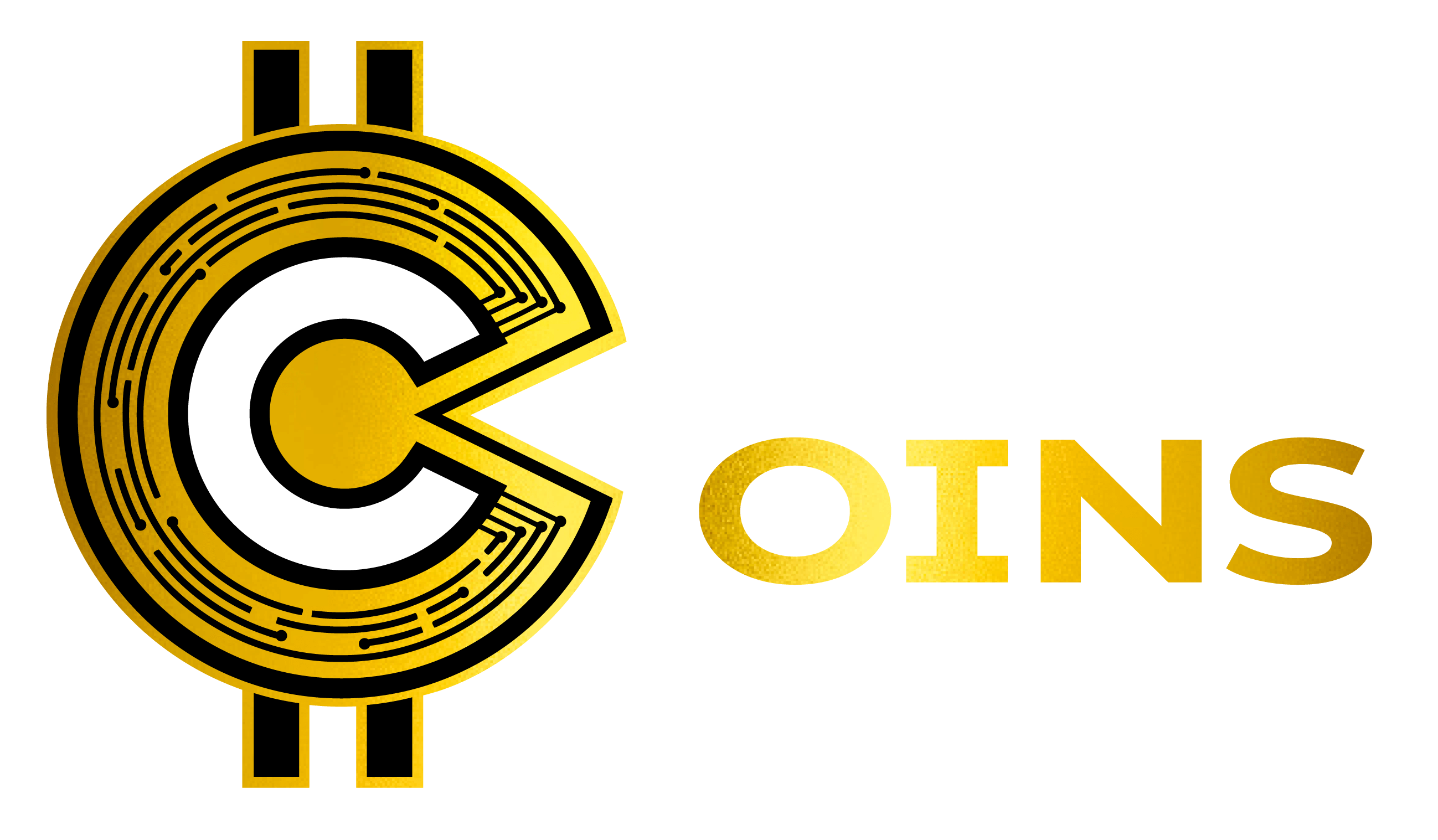
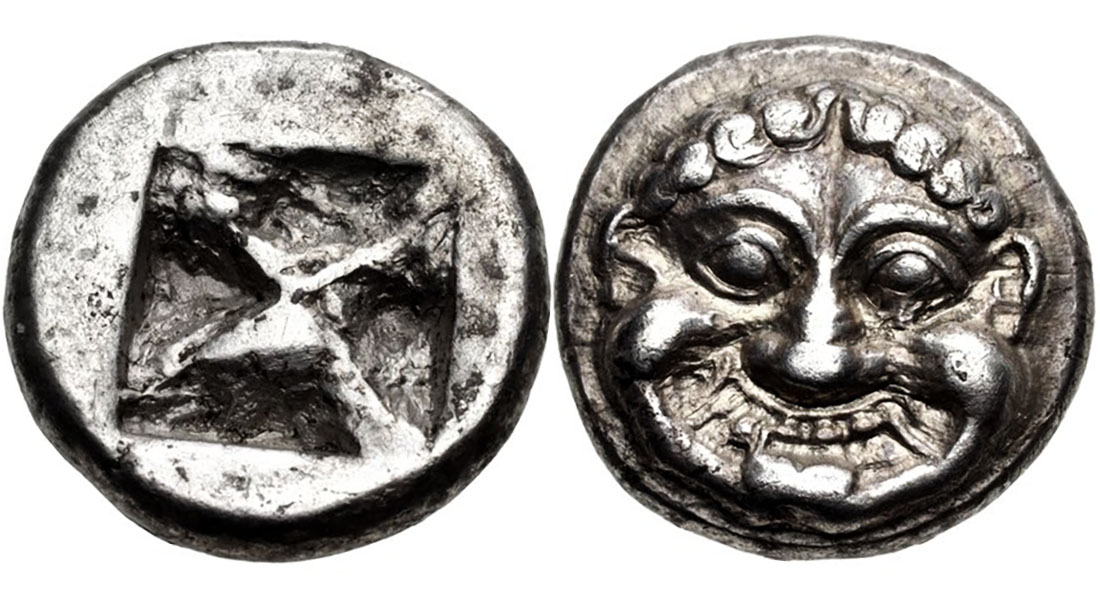




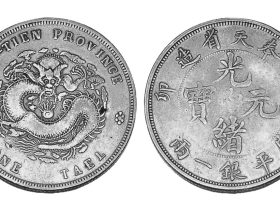
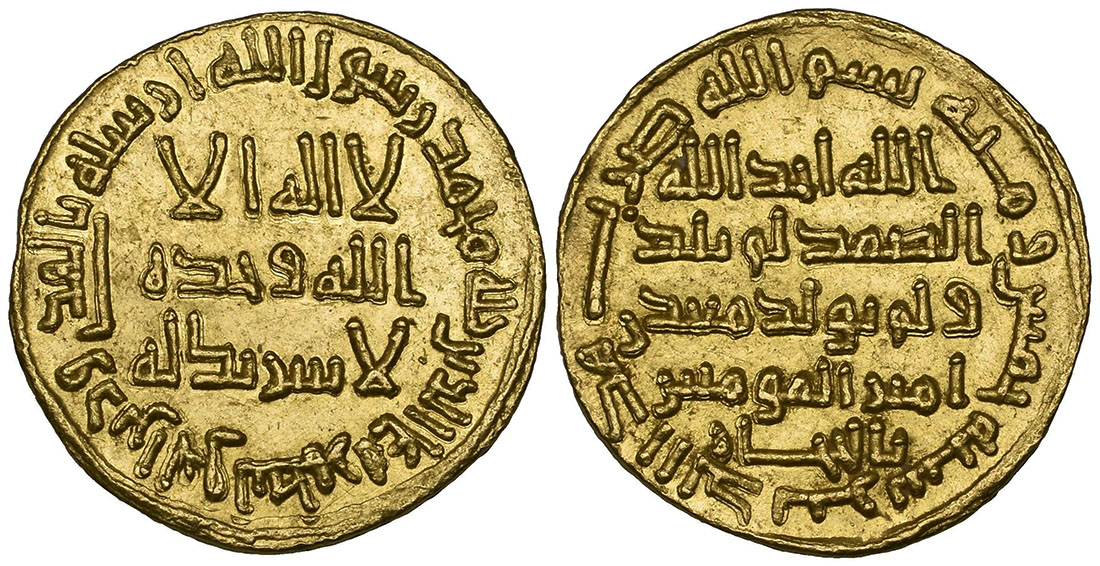

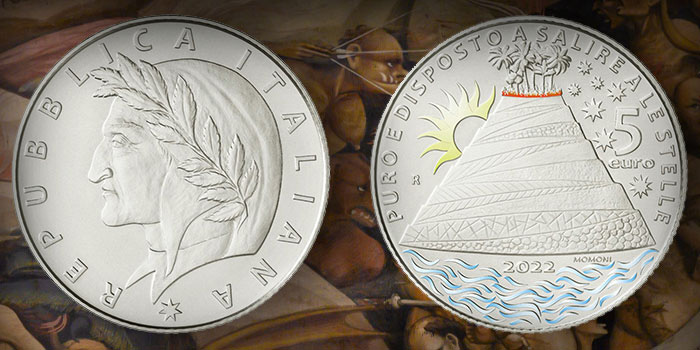

Leave a Reply